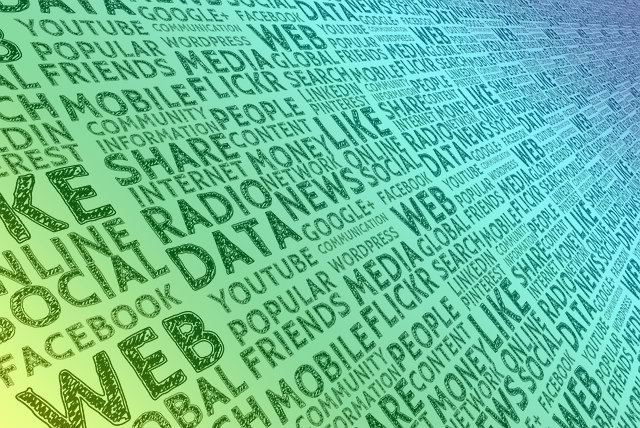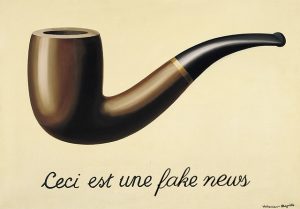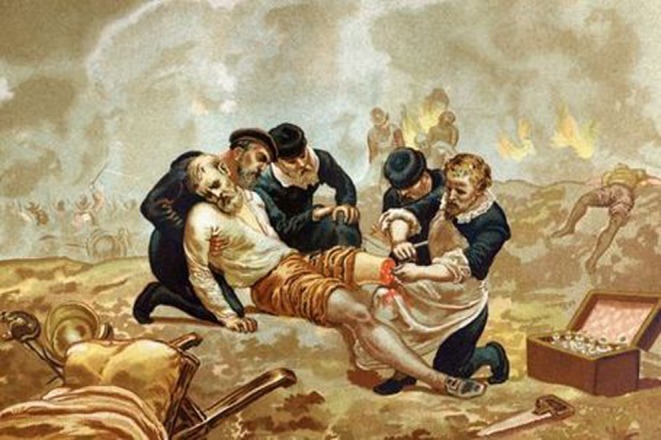


Creative Commons and Open Source licenses – Do digital freedoms conflict with property rights?
6 May 2019
Cogito 6 – Dossier
6 May 2019by Dominique Cardon,
Director of médialab.
After being touted for showing democratic promise, digital technologies are today accused of disseminating fake news and serving as the crucible of populism. This pendulum swing in the public debate is simplistic and naïve. It lumps together digital technology and its practices into a homogenous whole and courts technological determinism. The great digital transition that we are experiencing is so massive, broad, and deep, that we need to jettison this reductionism. It behooves digital social sciences to set the record straight. Today the media and politics are being buffeted by a host of transformations in which new publication and exchange opportunities offered by digital technologies are undeniably playing a role. But understanding these effects involves exploring the variety and complexity of the network’s repurposing by political actors, the media, and citizens.
This issue of Cogito seeks to do so. Contributing Sciences Po researchers show the need for in-depth and documented studies on the interactions between digital technology and democracy.
Digital technology: tool of freedom and of sharing
In terms of legal innovation, as Séverine Dusollier shows, (Creative Commons and Open Source: do digital freedoms conflict with property rights?) the digital world has developed a truly original tool: Creative Commons licenses. These allow content producers to protect the property of their work while authorizing its circulation and reuse. At the heart of the renewed discussion over common goods, this legal innovation offers a new framework for a culture of sharing and of individual expression to flourish. Creative Commons (CC) licenses are emblematic of the internet’s pioneering spirit and attest to the web’s main effect on the form of our democracies: it gives all web users the opportunity to express themselves without the filter of gatekeepers (journalists and editors) and to circulate their content via online social networks.
Internet: a simple reflection of our (in)capacities?
All the debates about the Internet and democracy involve exploring the consequences of the emancipation of the public space, which is increasingly detaching from the organized structure of mediations and representations that the political space – dominated by parties – and the analog world of the press, radio, and television had established. As an undeniable source of liberation that meets our societies’ demands for individuation, this transformation of the public space is conducive to new types of social movements (MeToo, Occupy, BlackLiveMatters), and opens participative spaces that help enrich public policy decisions, but also foster radical and extreme opinions distrustful of traditional media. In of itself, this change in the opportunity structure for exchanges and involvement does not prejudice the way the actors seize upon it. We might argue that the pendulum swing whereby the perception of digital technology’s promises of empowerment has dimmed, actually reflects a society that creates actors willing to use digital technology in this way rather than another.
The digital divide is not just technological
This is what the other articles in this dossier seek to show. In an article that echoes her new book, Jen Schradie (Close links between social inequalities and political activism) uses a detailed study to show that the promise of horizontality and opening that digital tools offer to activists is constantly undermined by the unequal diversity in the social and economic resources of the actors that deploy them. By studying social movements in North Carolina, she shows that this horizontality actually increases the gap between dominant voices and ill-equipped minorities.
Re-tweeting to transcend boundaries
By studying the Twitter activity of far-right European movements, Caterina Froio shows another complexity (What European far rights share on social networks) – given that their nationalism does not conflict with the transnational goal of forming an international. Based on a study of the circulation of themes promoted by far-right groups and activists on Twitter, she shows that two themes circulate across different national and linguistic spaces: islamophobia and economic nativism. But beyond these two ideological fronts, commonalities among the European far rights appear to be tenuous.
When machines cause downward mobility
From another perspective, the issue of extreme votes can also be understood as a consequence of the digital transition. This is what Bruno Palier shows in his article on the consequences of the automation of work on the structure of employment (The political consequences of technological change). Several comparative studies show that intermediary jobs, especially the most routine ones, are most affected by the digitalization of work. At the same time, high-skill jobs and precarious jobs are developing. By fueling the sense of downward mobility and anxieties of intermediary social classes, this polarization phenomenon is not unrelated to current political turbulences.
Challenging the media hierarchyn
A team from medialab and the School of Journalism decided to study new information circuits, and especially those of fake news, by observing the whole digital public space (Digital public space to the test of fake news: a Franco-American comparison). The authors compare research conducted on the United States and France. With the election of Donald Trump, the whole public space polarized from the bottom up to birth a world of “alternative facts” shamelessly supported by extremist and obscure blogs all the way to Fox News. This fragmentation of the public space has not (yet?) occurred in France. However, as evidenced by the mobilization of the Yellow Vests on Facebook, a real disconnect has appeared between information circulating in social network conversations and in major central media.
Is fact-checking effective?
While more in-depth research is needed on the circulation of fake news through social networks or conversational spaces (by nature difficult to access: whatsapp, etc.), an experimental study conducted by Émeric Henry (Fact checking: so many obstacles to overcome) provides us with important elements shedding light on its effects and the difficulty of countering it. By revealing the complexity of belief processes and confidence in information quality, he shows that knowledge of facts falls short of undoing erroneous opinions, especially when these involve anxiety-provoking phenomena. In a context of emotional and reflexive attitudes, factual contradiction does not prevent the persistence of erroneous beliefs. Thus, he suggests that acting ex-post to condemn false information and erase it from the web is not necessarily the best solution.
Aussi, suggère-t-il, agir ex-post pour condamner les fausses informations et les effacer du web n’est pas forcément la meilleure solution.
And what if we turned the question upside down?
We are constantly asking what digital technology does to democracy, politics, the media, and society. What these Cogito articles seek to show is that it is probably more useful to ask what democracy, politics, the media, and our societies are making of and with digital technology. The landscape appears more contrasted and ambivalent, reflecting the transformations, imbalances, and uncertainties of contemporary societies.
Sciences Po’s medialab director Dominique Cardon focuses on the connection between new technologies and social, political, and cultural technologies. He specifically studies forms of sociability, production, and dissemination of knowledge, and public expression via new media: social networks, blogs, wiki, etc. He specifically analyzes the political dimensions of digital technology. Finally, he seeks to uncover how algorithms are impacting us.









